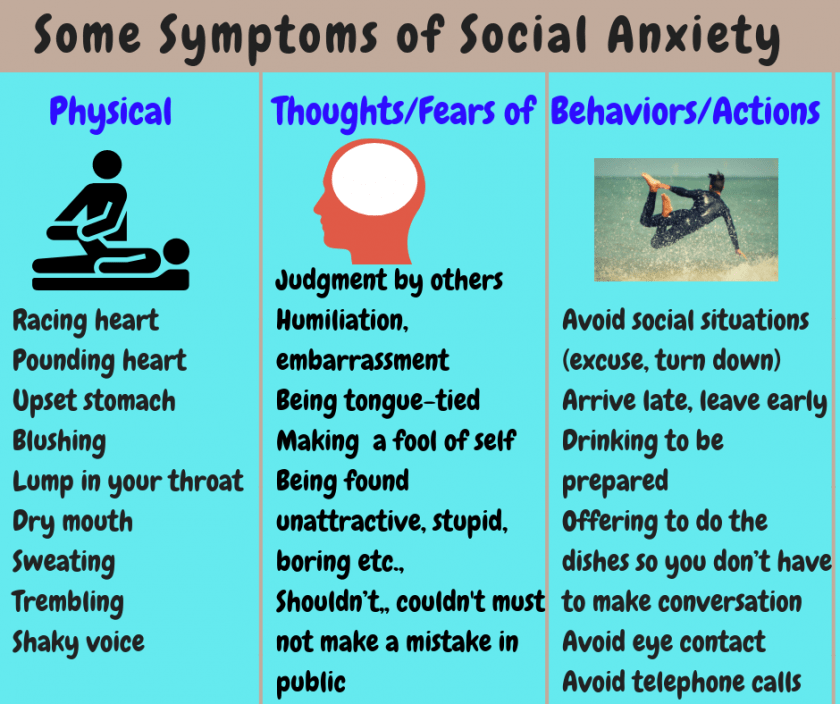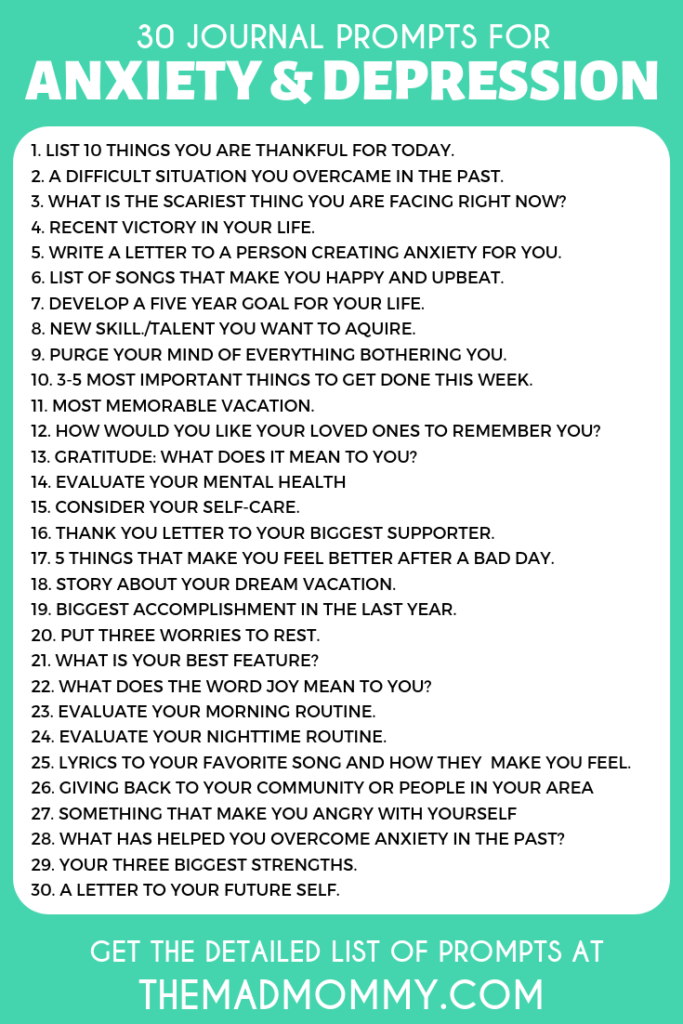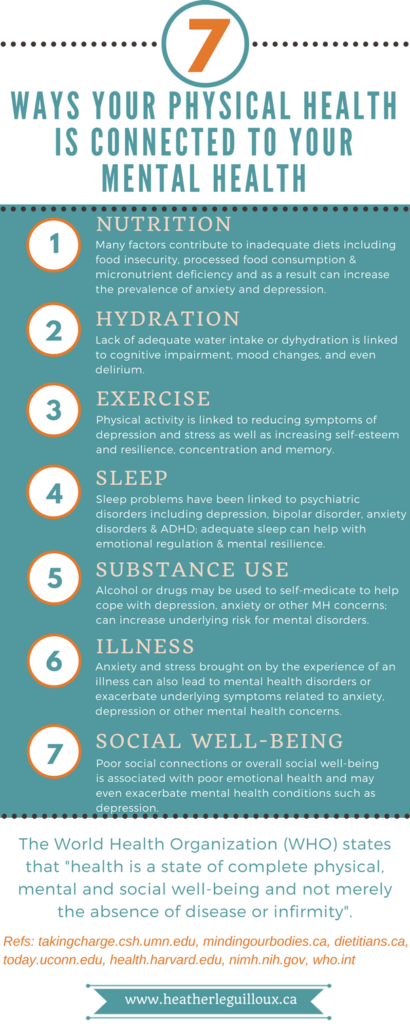Anxiety has been plaguing people back in the day, and even more so during the present times. As with other mental health disorders, it has its sub-categories: Generalized Anxiety, Panic Disorder, Obsessive-Compulsive Disorder, Social Anxiety, among many others. In this post, we will focus specifically on Social Anxiety and some strategies that can help you overcome this condition.
Your hands sweat. Your throat feels dry. You try to avoid the situation as much as possible. Answering a phone call, going for a grocery run, or meeting some acquaintances in that new coffee shop. Excuses are your friend. As much as you would love to say “yes” and “just do it”, something deep inside just makes you go on a downward spiral – you just can’t. This is just a glimpse of what social anxiety feels like, and so many people suffer in silence about this condition.
What Social Anxiety Feels Like?
For people who are wondering if they are merely introverts, or if they do have this mental disorder, it is essential to define what social anxiety is.
In medical terms, social anxiety is a phobia someone experiences during situations where they need to interact with others. People who go through this condition often feel like they are being judged in a negative way, even with both big and trivial things. In response, they try as much to avoid social situations and keep themselves isolated. Being in these social events, whether ordinary makes them experience a range of unpleasant physical, mental, and behavioral symptoms:
- Fast heartbeat
- Tense muscles
- Feeling lightheaded or dizzy
- Difficulty breathing
- Stomach problems or diarrhea
- Depression
- Helplessness about the condition
- Wanting to be isolated
- Overwhelming anxiety when anticipating a situation
The pressing fear of being judged or offending others causes much distress, resulting to the symptoms mentioned above.

Also Read: How to Get Energy When Depressed
Can Social Anxiety be Cured?
Social anxiety is best addressed through mental health professional help. There are therapists who know a lot of evidence-based strategies to help you cope with anxious thoughts and feelings when faced with social situations. However, there are also other things you can do to self-manage or find resources on different channels. Below are some ideas:
Take small steps
You can list down the social interaction activities and rate them based on the severity of anxiety that you experience from 1-10. You will rate 1 for those that give you the least anxiety, and 10 on those who provide you full-blown symptoms.
The way to take the small steps is to do a couple of activities rated at “1” per week. Just getting yourself out there and being more comfortable with social situations is one of the best ways to beat the anxiety itself.
Often, the fear comes from misconceptions and false anticipations of things that only happen in our minds. Once you feel more confident, you can proceed to other activities rated “2”, “3” and so forth.
Journal your thoughts
Journaling your thoughts can be a great outlet when you experience social anxiety attacks. However, there’s two kinds of journaling: One which helps your mental health, and those who aren’t very helpful at all. Constant negative ranting, dwelling on toxic thoughts and reinforcing the idea that your situation can’t be helped can be counterproductive to your progress.
It is best to stick to journaling practices that allow you to develop a growth mindset:
- Checking in with your thoughts and feelings: This can give you a better insight into your current state, and what could be the cause of it.
- Write down things you can improve on: After checking in about events, thoughts, and feelings, it is also productive to put down actionable strategies that you think may help you work on daily issues that you face. Whether it’s changing your mindset, doing something in a better way, or finding an alternative, there are many routes to deal with anxiety-inducing social situations in a healthy manner.

Seek alternative therapeutic options
If you’ve sought psychotherapy approaches for social anxiety, it can also be beneficial to explore other alternative options, such as holistic therapy.
These are alternative methods that focus on wellness in order to promote a healthier mind. For example, people in addiction recovery often experience bouts of social anxiety when reintegrating after rehabilitation. Many of them are provided with holistic medicine approaches such as massage therapy, aromatherapy, reflexology, mindfulness therapy, and the like.
These promote a sense of calm and well-being in the individual, making them resilient during moments of social anxiety. We can assist you if you are having trouble recovering from an addiction. You’ll discover programs to help you deal with your anxiety at the Retreat. Here’s a list of the cities we serve.
Focus on physical health
Each body part isn’t designed to work independently – thus, if you do not care for your physical health, it is difficult to maintain your mental health as well.
Some ways to beat social anxiety through physical health is through becoming more mindful of your nutrition and physical activity. There are food groups that help promote mental health, such as:
- Green leafy vegetables: Kale, spinach, collard greens
- Fruits rich in antioxidants: Berries and citrus fruits
- Omega-3 foods: Salmon, tuna, nuts, and seeds
Include portions of these in your diet to boost your mental health. Additionally, incorporating exercise into your lifestyle will accompany this positive shift. Many experts recommend exercising 30-45 minutes moderately, such as biking, walking, or cardio. These sessions can be done 3-5 times a week.

Isolated No More
With these self-management strategies accompanies with professional help, it is possible to overcome social anxiety successfully. Do not let mental health issues define you. It is time to feel less isolated and more empowered as you reinvent yourself.

I am Kate, a dedicated health advocate. My purpose is to educate you regarding the most current wellness trends, offer science-backed insights to enhance your understanding, and present actionable tips to support you on your journey towards a healthier and happier life. Let us commence this wellness path together!
